
Supercharge your lead generation with a FREE Google Ads audit - no strings attached! See how you can generate more and higher quality leads
Get My Free Google Ads AuditFree consultation

No commitment
Supercharge your lead generation with a FREE LinkedIn Ads audit - no strings attached! See how you can generate more and higher quality leads
Get My Free Google Ads AuditFree consultation

No commitment
Supercharge your lead generation with a FREE Meta Ads audit - no strings attached! See how you can generate more and higher quality leads
Get My Free Google Ads AuditGet My Free LinkedIn Ads AuditGet My Free Meta Ads AuditFree consultation

No commitment
Supercharge your lead generation with a FREE Google Ads audit - no strings attached! See how you can generate more and higher quality leads
Get My Free Google Ads AuditFree consultation

No commitment
In today's competitive tourism market, staying ahead requires leveraging digital advertising effectively. Failing to do so often means missing high-value prospects and delayed follow-ups that cool off hot leads. Google Ads offers a powerful solution for tourist accommodations seeking to attract more visitors and increase bookings by addressing these challenges. Through this guide, you'll discover how Google Ads can seamlessly integrate into your strategy, helping you connect with high-intent travelers actively searching for accommodations. Uncover the unique tactics and data-driven insights that enable you to capture attention, run segmented campaigns, and drive measurable results.
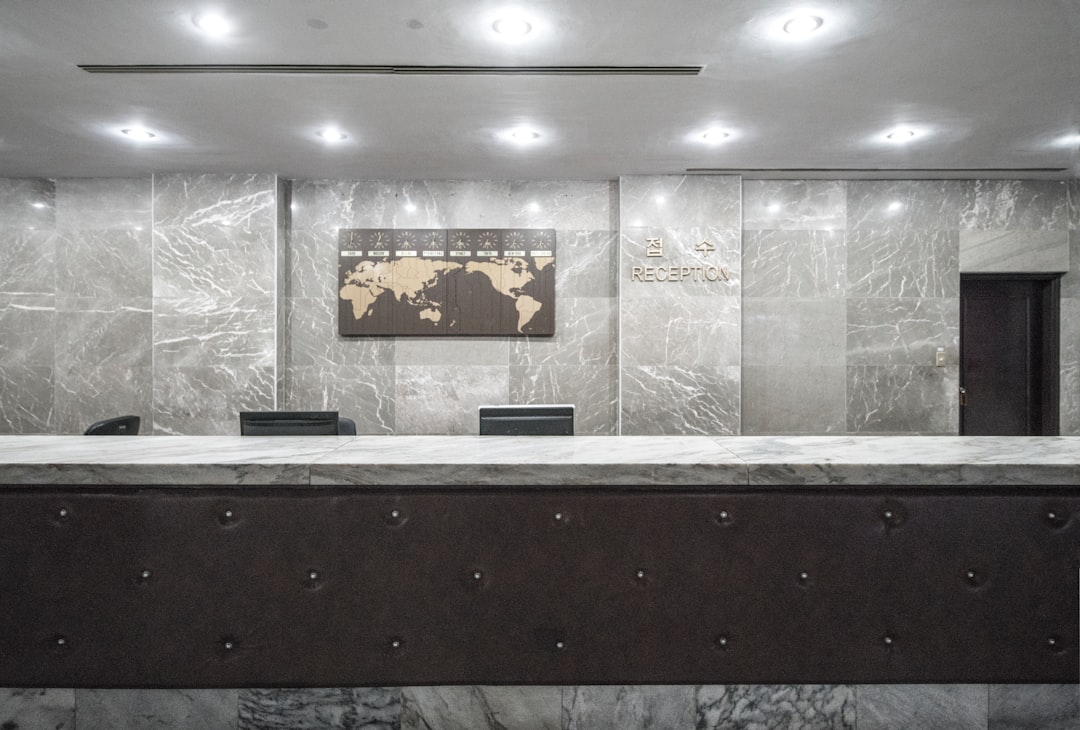
Direct bookings fuel predictable revenue and help tourist accommodations establish deeper guest relationships. By moving beyond generic, one-size-fits-all campaigns, properties can tap into targeted, measurable demand that maximizes every marketing dollar. A precise campaign structure is essential for surfacing your offer at the exact moment travelers are searching, while reducing reliance on OTAs and boosting lifetime value. To better understand how Google Hotel Ads can drive bookings and online visibility, review this overview of Google Hotel Ads and their benefits.
A robust Google Ads plan for tourist accommodations demands more than just keyword lists and broad targeting. Sophisticated marketers use data-driven frameworks to segment audiences, personalize creative, and optimize for high-intent moments. Enhanced visitor identification allows you to pinpoint companies and individuals engaging with your listings, ensuring ad spend focuses on prospects most likely to convert.
By systematically applying these techniques, tourist accommodations can execute campaigns that outperform industry benchmarks and generate more direct bookings, while maintaining full control over their guest journey and marketing data. If you’re ready to elevate your ad strategy, get started for free with Sona.
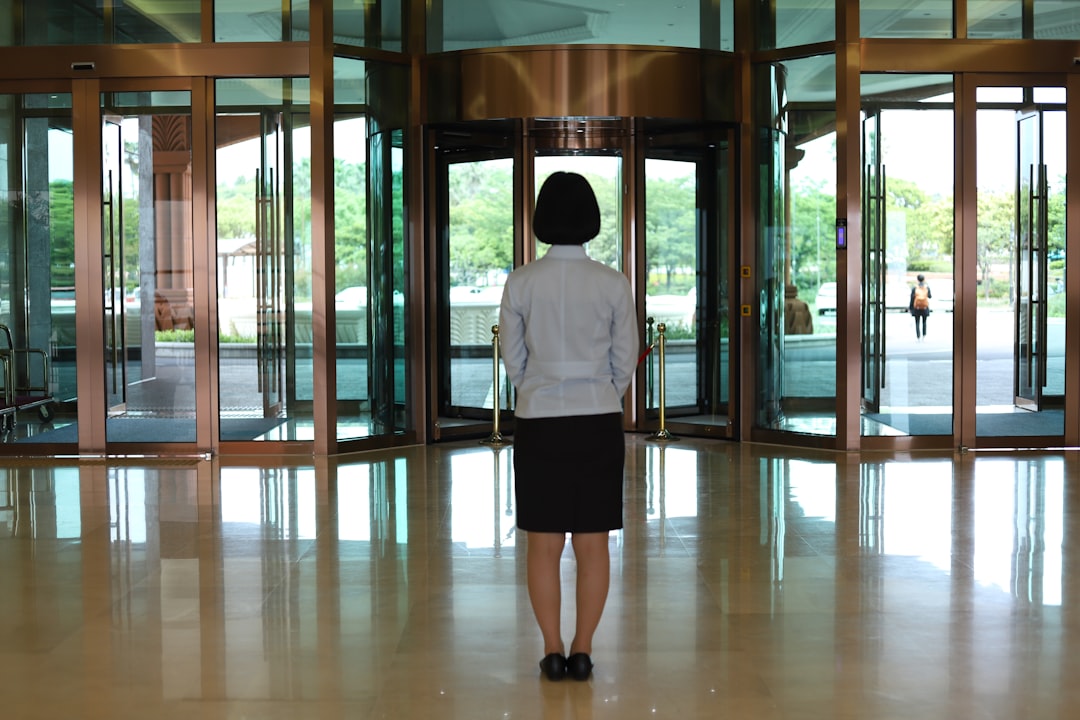
Tourist accommodations face intense competition for traveler attention and bookings, especially as digital channels dominate the path to purchase. Reaching travelers precisely when they search for accommodations ensures higher conversion rates and minimizes the chance of losing direct bookings to OTAs or rivals. For a detailed overview of how Google Hotel Ads can benefit your property, explore this Google Hotel Ads overview.
Google Ads for Tourist Accommodations provides a direct path to engage travelers actively seeking a place to stay, surfacing offers at the critical moment of decision. This real-time connection allows accommodations to showcase inventory, local experiences, and exclusive rates, driving more direct revenue while reducing reliance on expensive intermediaries. To further boost your direct bookings, consider leveraging visitor identification tools that reveal which companies and people are visiting your website—even if they don’t fill out a form.
When unified with robust visitor identification, real-time intent scoring, and CRM sync, accommodations can dynamically update target audiences and ensure that every budgeted impression is reaching the most conversion-ready travelers. This level of integration results in precise measurement, adaptive targeting, and ongoing improvements to both marketing efficiency and guest experience. Ready to take the next step? Get started for free with Sona.
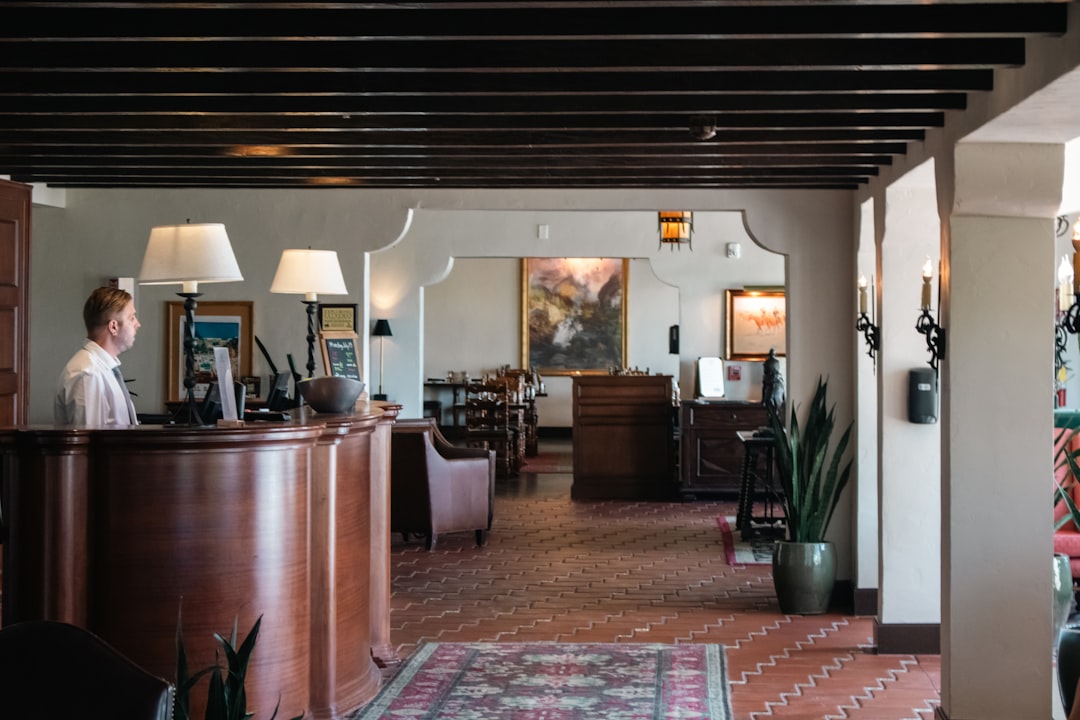
Tourist accommodations face a complex digital landscape where generic campaigns quickly exhaust budgets without delivering qualified leads or meaningful engagement. The right Google Ads campaign structure solves this by aligning creative, targeting, and bidding with real traveler intent, ensuring every marketing dollar delivers measurable impact. For a detailed overview of how Google Hotel Ads can boost bookings and online visibility, see this Google Hotel Ads overview. Unifying guest data and intent signals allows revenue teams to activate precision targeting, optimize spend, and engage travelers at each stage of the booking journey. With platforms that enrich visitor profiles and sync high-value segments directly into ad audiences—such as Sona’s Destinations feature—marketers can pivot instantly to capture emerging demand and nurture warm leads through tailored messaging.
Ready to optimize your campaign structure and audience targeting? Get started for free with Sona.
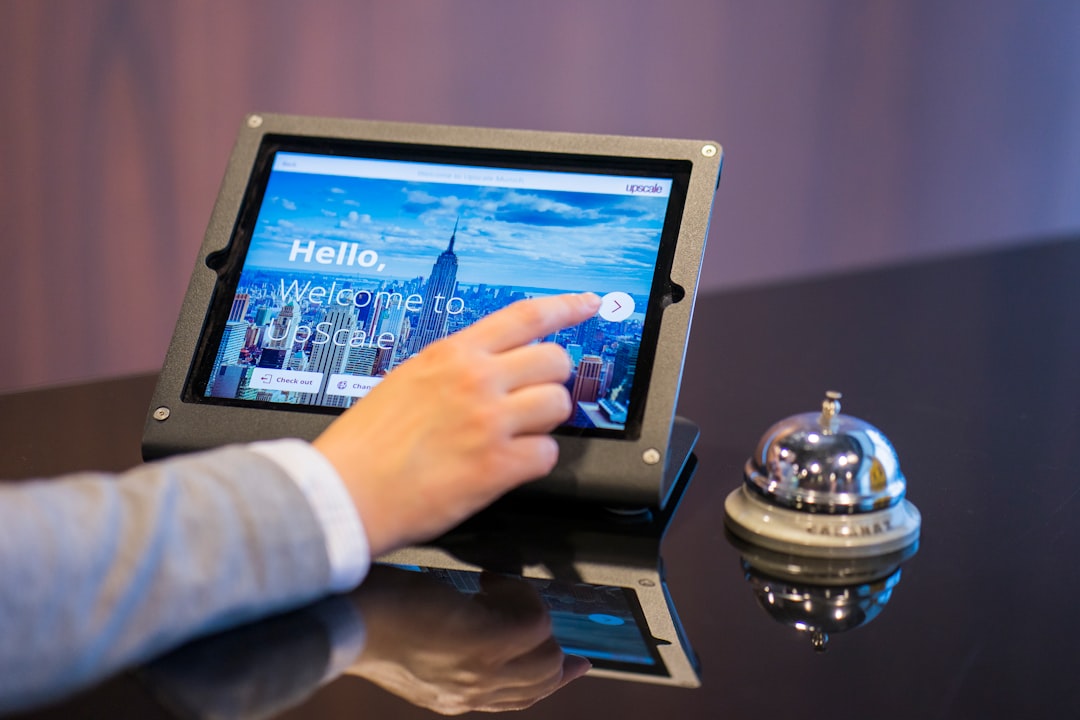
Tourism marketers operate in a rapidly evolving digital environment, where nuanced targeting and specialized strategies can unlock new guest segments and maximize direct bookings. With the right approach, even distinctive accommodation providers can outperform generic listings and reach travelers ready to book.
Ready to elevate your tourism marketing strategy? Get started for free with Sona.
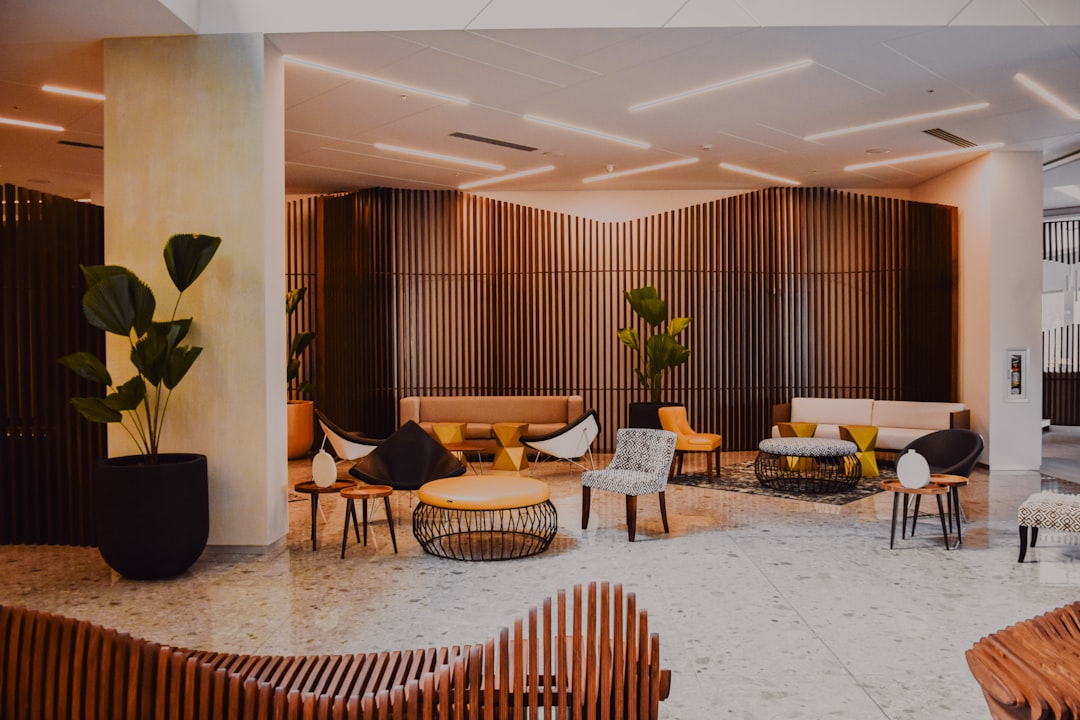
Audience segmentation within Google Ads for tourist accommodations is essential for maximizing relevance and ROI. By mapping marketing outreach to the specific needs of travelers, revenue teams achieve higher engagement, stronger booking intent, and measurable campaign impact. To gain a deeper understanding of how Google Hotel Ads can boost bookings and online visibility, explore this overview of Google Hotel Ads and their benefits. For actionable insights on improving segmentation and campaign performance, browse our marketing analytics blog.
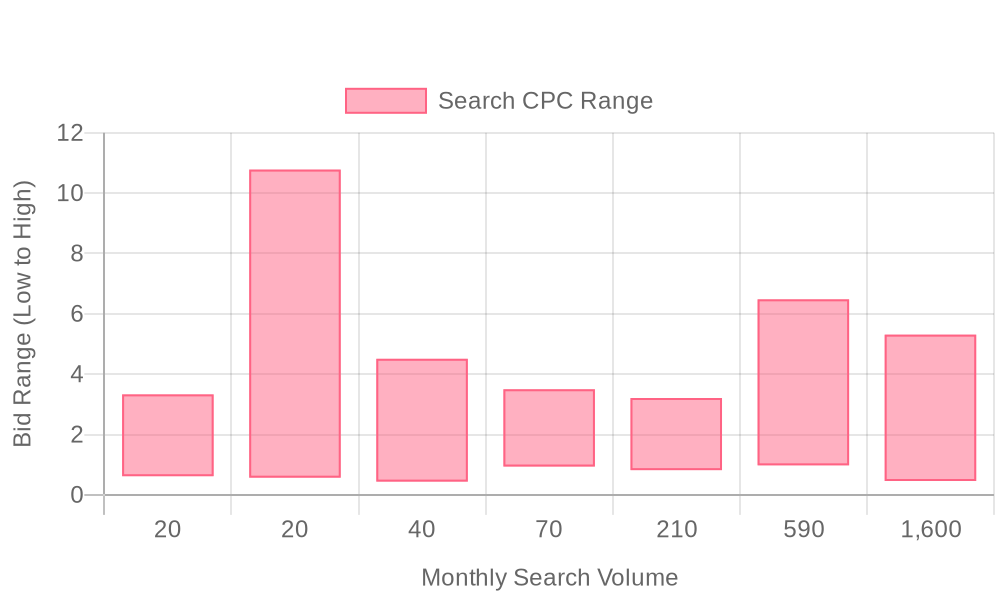
| Industry | Keyword | Monthly Search Volume | Competition Level | Low Bid | High Bid |
| Tourist Accommodations | kilkenny tourist hostel | 20 | LOW | 0.62 | 3.33 |
| Tourist Accommodations | sheilas tourist hostel | 20 | HIGH | 0.57 | 10.78 |
| Tourist Accommodations | hotel tourist inn | 40 | MEDIUM | 0.44 | 4.51 |
| Tourist Accommodations | irish tourist board accommodation | 70 | MEDIUM | 0.94 | 3.5 |
| Tourist Accommodations | ymca tourist hostel | 210 | LOW | 0.82 | 3.21 |
| Tourist Accommodations | sheilas hostel | 590 | MEDIUM | 0.98 | 6.48 |
| Tourist Accommodations | tourist inn budget hotel hostel | 1600 | MEDIUM | 0.46 | 5.31 |
A precise keyword strategy for Google Ads for Tourist Accommodations maximizes relevance, reduces wasted spend, and ensures your campaigns reach the travelers most likely to book. By segmenting keywords around amenities, location specifics, and guest preferences, marketers can directly address the questions and needs of their ideal guests, leading to higher engagement rates and improved booking performance.
Long-tail keywords are especially effective in capturing high-intent travelers. Instead of broad terms like "hotel," targeting phrases such as "pet-friendly hotel near Yosemite with pool" or "family-friendly vacation rental in Miami Beach" aligns ads with guest motivations and filters out irrelevant clicks. This specificity drives quality traffic, increases conversion rates, and strengthens direct booking opportunities for all types of tourist accommodations. For more actionable advice, explore our collection of insights.
Implementing negative keywords is critical for safeguarding budget efficiency. By excluding terms such as "Airbnb," "long-term lease," or "free accommodation," advertisers ensure that their ads are not shown to users unlikely to convert. This strategic filtering maintains audience quality and preserves resources for travelers genuinely in-market for short-term stays, driving more bookings and better return on ad spend.
Modern B2B revenue teams can further optimize these efforts by identifying not just anonymous clicks, but the companies and high-value segments behind those searches. Integrating intent data allows marketers to shift budget dynamically toward in-market accounts as they progress through the booking journey. As audiences evolve, syncing enriched data between CRM and Google Ads ensures that messaging and offers align with each guest’s stage in the decision process, maximizing every opportunity to convert interest into revenue. To streamline your ad targeting and data activation, get started for free with Sona.
Executing a high-performing Google Ads campaign for tourist accommodations demands a structured approach rooted in data, audience insight, and continuous optimization. Each phase—from keyword targeting to conversion tracking—offers unique opportunities to personalize outreach, maximize bookings, and reduce wasted spend. Addressing these steps methodically enables marketers to surface the right message to the right traveler at the right stage of intent. For a deeper dive into Google Hotel Ads and their benefits for increasing bookings and online visibility, explore this overview of Google Hotel Ads.
Precision in keyword selection underpins every successful campaign. Begin by grouping keywords according to accommodation type, amenities, and geographic location. For example, segment keywords such as "luxury beachfront hotel Miami," "family-friendly hostel Berlin," and "pet-friendly B&B Yorkshire." Layering negative keywords like "free" or "Airbnb" prevents budget erosion from irrelevant clicks and ensures campaigns reach only qualified prospects searching for bookable stays. For more on segmenting and refining outreach, visit our library of actionable playbooks.
With advanced identification tools, marketers can go beyond anonymous traffic and uncover the specific companies or visitor segments landing on their site. This level of visibility allows for smarter keyword bidding, prioritizing high-value segments and enabling hyper-local targeting. Campaigns become more agile, adjusting keyword focus as search trends and traveler demographics evolve.
Effective ad copy must resonate with the unique needs of the modern traveler. Address guest priorities—such as flexible cancellation, proximity to attractions, or exclusive amenities—directly within headlines and descriptions. Highlighting benefits like "book direct for best rates" or "instant confirmation" creates urgency and trust, while site link extensions can direct users to special offers or virtual tours.
Marketers leveraging real-time audience data can tailor messaging based on intent signals. Ads dynamically update to reflect seasonality, in-market behavior, or shifting traveler preferences, ensuring relevance at each interaction. This approach eliminates generic outreach and improves click-through rates by delivering the right value proposition to the right audience segment.
Landing pages must align seamlessly with ad messaging and facilitate an optimal booking experience. Each page should mirror the keyword and offer presented in the ad, minimizing friction and confusion. High-quality visuals, clear calls to action, and mobile-first design principles are non-negotiables for today’s traveler. Streamlined booking forms and trust signals—such as guest reviews or secure payment badges—increase conversion rates. For step-by-step guidance on optimizing your Google Ads campaigns for hotels, see this hotel marketing tutorial.
Real-time audience insights enable rapid iteration of landing page content based on user behavior and conversion data. Marketers can test alternative layouts, headlines, or offers for specific segments, optimizing the path to booking for each persona. Integrating booking engines with campaign data ensures that pricing and availability remain accurate and up to date, reducing booking abandonment.
Continuous improvement is the hallmark of top-performing campaigns. Employ automated bidding strategies such as Target ROAS or Cost-Per-Acquisition to align spend with business outcomes. Track every conversion—both online and offline—to uncover true ROI and attribution across channels. This approach ensures budget is dynamically allocated to the highest-converting audiences and keywords as trends shift. Learn more about performance metrics and reporting for Google Hotel Ads campaigns.
Powerful integration between CRM, booking, and advertising platforms allows for precise audience sync and conversion tracking. Leads generated from paid campaigns flow directly into sales workflows, and enriched data helps marketers retarget visitors as they move through the funnel. By unifying attribution, teams can pinpoint which campaigns, audiences, and placements drive the most valuable bookings, empowering smarter, faster decisions in future campaigns. Ready to elevate your results? Get started for free with Sona.
Maximizing visibility in the tourist accommodation sector requires a holistic approach combining data-driven targeting, cross-channel engagement, and continuous audience refinement. Businesses that unify their marketing signals accelerate direct bookings, deepen guest loyalty, and reduce wasted spend on low-intent traffic.
Integrating Google Ads into the marketing strategy for tourist accommodations empowers revenue teams to reach high-intent travelers with remarkable precision. For an overview of how Google Hotel Ads can boost bookings and visibility, explore Google Hotel Ads and their benefits. By harnessing tailored keyword strategies and real-time audience segmentation, marketing leaders can connect with prospective guests at the very moment they are ready to book, optimizing both budget allocation and campaign impact.
A data-driven approach to campaign management unlocks deeper insights into traveler behavior and channel performance. Leveraging advanced solutions, teams can identify site visitors at the company level and automatically synchronize enriched lead data with CRM and ad platforms for seamless nurture and retargeting. This holistic integration ensures that marketing spend is directed at the most valuable accounts, while conversion tracking delivers a clear picture of true ROI across every campaign.
Continuous optimization, rooted in unified first-party and behavioral data, allows for rapid testing and refinement. As market conditions shift, revenue teams can pivot to target emerging traveler segments or capitalize on new demand signals, ensuring that advertising remains agile and effective. To experience these benefits firsthand, get started for free with Sona and build a resilient digital presence that consistently drives occupancy and revenue growth.
In wrapping up our exploration of utilizing Google Ads for tourist accommodations, it’s clear that leveraging this powerful tool can significantly enhance your marketing efforts and drive more bookings. By strategically targeting potential guests and optimizing your ad spend, you can ensure that your accommodations stand out in a competitive landscape.
Throughout this article, we discussed the challenges of attracting more visitors and increasing bookings in the hospitality industry. We explored key strategies, such as keyword optimization, audience targeting, and ad performance analysis, to create effective Google Ads campaigns. By implementing these insights, you can transform your online presence and maximize the return on your marketing investment.
Imagine the possibilities of reaching new heights in guest acquisition and brand visibility. By embracing these strategies and tools, you can unlock the full potential of digital marketing for your accommodations. It's a journey of growth and innovation, where each step brings you closer to achieving your business goals.
To take your marketing efforts to the next level, start for free to experience our platform and its capabilities today. Let us empower you with the data-driven insights and tools to revolutionize how you promote your accommodations.
Google Ads for tourist accommodations are digital advertising solutions that help hotels and other tourist properties attract more visitors and increase bookings by connecting with high-intent travelers searching for places to stay.
To set up Google Ads for your hotel, you should create a precise campaign structure that targets specific travel segments and regions, use data-driven insights for audience segmentation, and personalize your ad messaging to maximize engagement and conversion.
Effective strategies for hotel advertising on Google include data-driven keyword and audience targeting, segmentation and tailored messaging, continuous optimization for ROI, and cross-channel integration to ensure consistent messaging and efficient use of ad spend.
The cost of Google Ads for hotels varies depending on the targeting, keyword selection, and competition. A data-driven approach is essential to allocate the budget effectively and maximize ROI by focusing on high-intent travelers.
Success can be measured by using advanced conversion tracking to analyze online and offline bookings, integrating CRM data for comprehensive ROI insights, and continuously optimizing campaigns based on real-time data to focus on high-converting audiences.
Join results-focused teams combining Sona Platform automation with advanced Google Ads strategies to scale lead generation

Connect your existing CRM

Free Account Enrichment

No setup fees
No commitment required

Free consultation

Get a custom Google Ads roadmap for your business
Join results-focused teams combining Sona Platform automation with advanced Meta Ads strategies to scale lead generation

Connect your existing CRM

Free Account Enrichment

No setup fees
No commitment required

Free consultation

Get a custom Google Ads roadmap for your business
Join results-focused teams combining Sona Platform automation with advanced LinkedIn Ads strategies to scale lead generation

Connect your existing CRM

Free Account Enrichment

No setup fees
No commitment required

Free consultation

Get a custom Google Ads roadmap for your business
Join results-focused teams using Sona Platform automation to activate unified sales and marketing data, maximize ROI on marketing investments, and drive measurable growth

Connect your existing CRM

Free Account Enrichment

No setup fees
No commitment required

Free consultation

Get a custom Google Ads roadmap for your business
Over 500+ auto detailing businesses trust our platform to grow their revenue
Join results-focused teams using Sona Platform automation to activate unified sales and marketing data, maximize ROI on marketing investments, and drive measurable growth

Connect your existing CRM

Free Account Enrichment

No setup fees
No commitment required

Free consultation

Get a custom Google Ads roadmap for your business
Over 500+ auto detailing businesses trust our platform to grow their revenue
Join results-focused teams using Sona Platform automation to activate unified sales and marketing data, maximize ROI on marketing investments, and drive measurable growth

Connect your existing CRM

Free Account Enrichment

No setup fees
No commitment required

Free consultation

Get a custom Google Ads roadmap for your business
Over 500+ auto detailing businesses trust our platform to grow their revenue
Our team of experts can implement your Google Ads campaigns, then show you how Sona helps you manage exceptional campaign performance and sales.
Schedule your FREE 15-minute strategy sessionOur team of experts can implement your Meta Ads campaigns, then show you how Sona helps you manage exceptional campaign performance and sales.
Schedule your FREE 15-minute strategy sessionOur team of experts can implement your LinkedIn Ads campaigns, then show you how Sona helps you manage exceptional campaign performance and sales.
Schedule your FREE 15-minute strategy sessionOur team of experts can help improve your demand generation strategy, and can show you how advanced attribution and data activation can help you realize more opportunities and improve sales performance.
Schedule your FREE 30-minute strategy sessionOur team of experts can help improve your demand generation strategy, and can show you how advanced attribution and data activation can help you realize more opportunities and improve sales performance.
Schedule your FREE 30-minute strategy sessionOur team of experts can help improve your demand generation strategy, and can show you how advanced attribution and data activation can help you realize more opportunities and improve sales performance.
Schedule your FREE 30-minute strategy sessionOur team of experts can help improve your demand generation strategy, and can show you how advanced attribution and data activation can help you realize more opportunities and improve sales performance.
Schedule your FREE 30-minute strategy session





Launch campaigns that generate qualified leads in 30 days or less.
